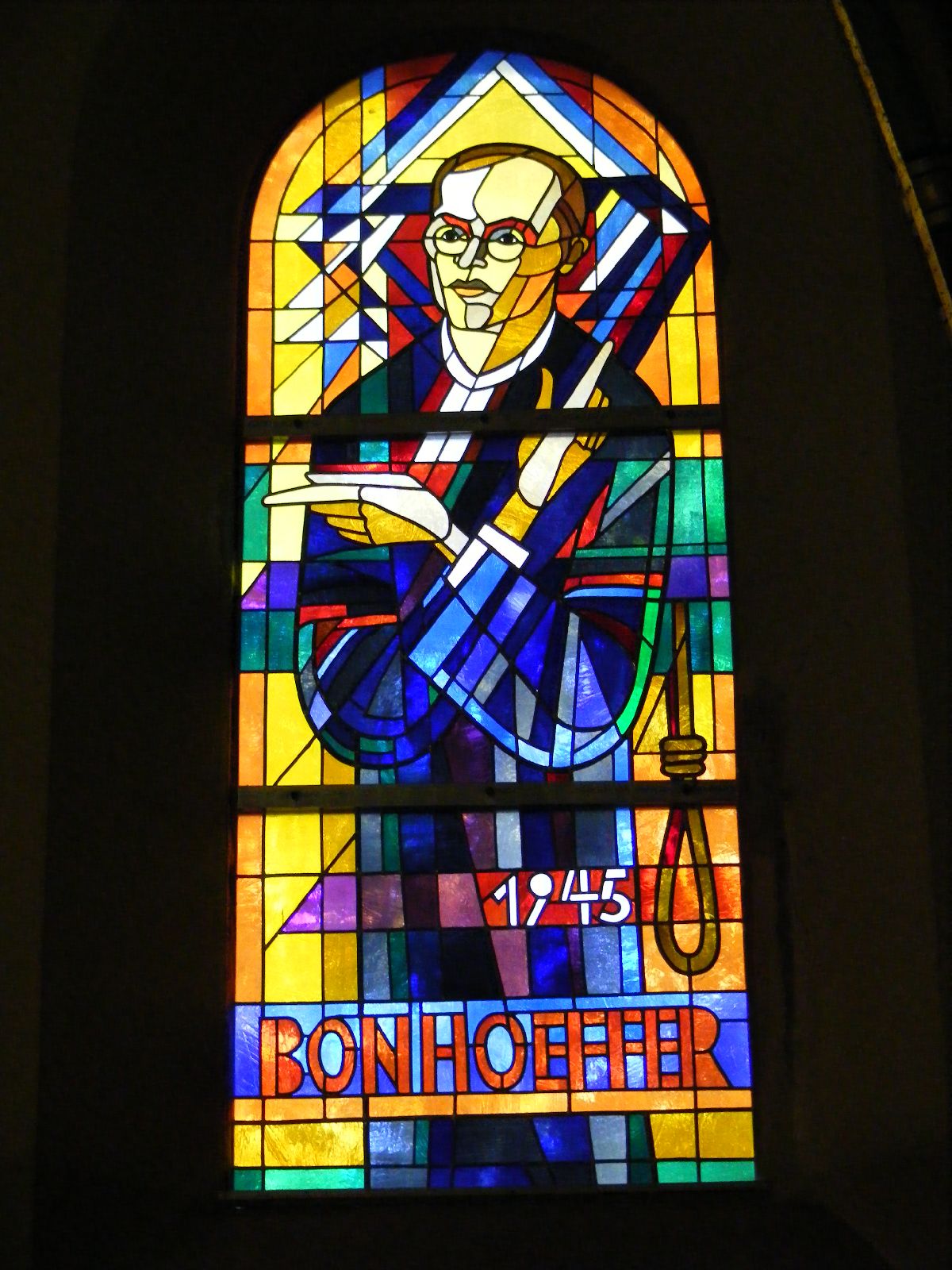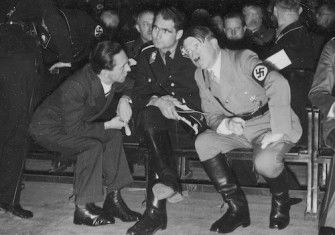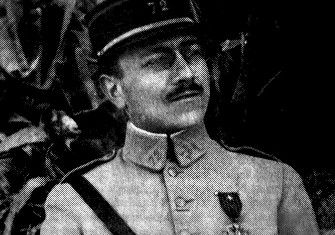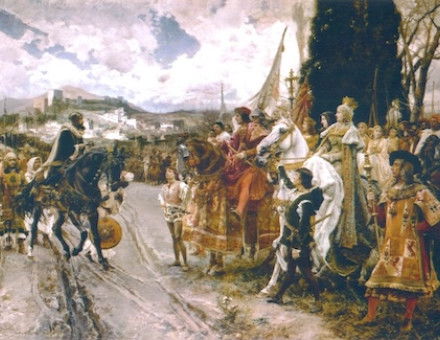Dietrich Bonhoeffer: A Modern Martyr
Dietrich Bonhoeffer was one of the earliest establishment figures to denounce the Nazi regime. In April 1945, his quiet resistance led him to the scaffold.

Seventy-five years ago, with the Allied victory in Europe merely a month away, a German pastor was led to the scaffold. As far back as February 1933, when many observers saw little threat in the new chancellor, he was one of the earliest to denounce Hitler. Off and on for the next 12 years, Dietrich Bonhoeffer would resist the Nazis: first through sermons and support for Jews, then as a clerical diplomat and double agent. He was a scion of the Prussian nobility and a German patriot; but when his name was called on 9 April 1945 at Flossenbürg concentration camp, he was hanged as a traitor.
The co-founder of Amnesty International called Bonhoeffer the ‘archetypal prisoner of conscience’. Yet, unlike the great martyrs of the 20th century, unlike Mahatma Gandhi and Martin Luther King, Bonhoeffer achieved little. Whereas Gandhi steered India to independence and King led the push for civil rights, Bonhoeffer left no tangible legacy. Nonetheless, his courage should make him their equal.







